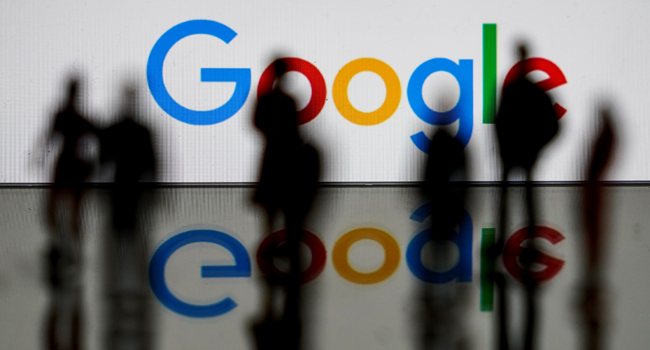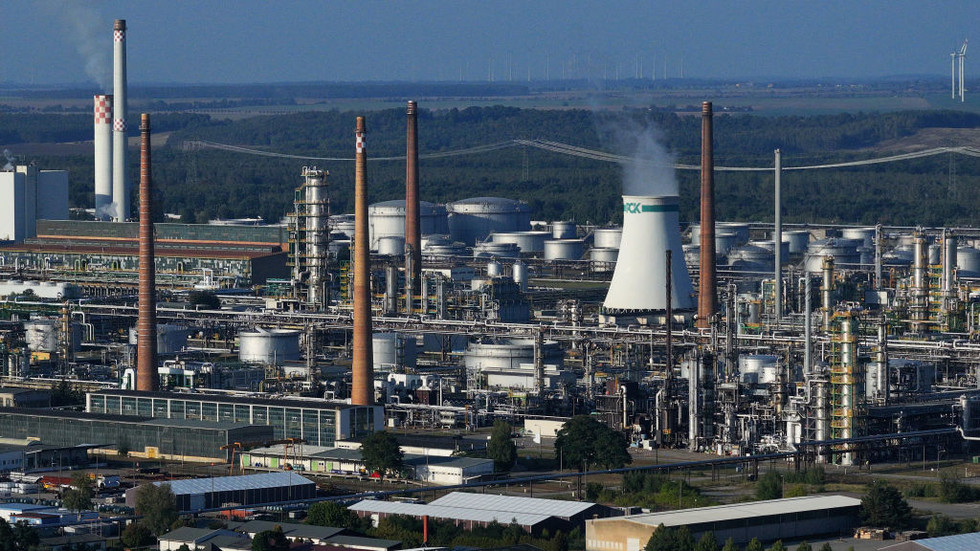As the April 2024 deadline set by the Central Bank of Nigeria approaches, the registration for Bank Verification Number (BVN) has surged to 61.16 million as of March 15, 2024, according to the latest data from the Nigeria Inter-Bank Settlement System (NIBSS). This marks a significant increase from the 59.9 million BVNs recorded on January 26, 2024, with 674,280 new registrations between late January and mid-March.
In response to the Central Bank’s directive, commercial banks, merchant banks, non-interest banks, payment service banks, other financial institutions, and mobile money operators were required to electronically revalidate BVNs or National Identification Numbers (NINs) attached to all accounts and wallets by January 31, 2024. Failure to comply could result in the freezing of Tier-1 accounts without a BVN or NIN starting in April 2024.
The push for BVN registration aims to enhance financial security and combat fraud in the Nigerian banking system. With the deadline fast approaching, individuals and businesses are urged to ensure their BVNs are up to date to avoid any disruptions to their banking services.
The increase in BVN registrations reflects a growing awareness of the importance of financial identity verification in Nigeria. As the country continues to digitize its financial services sector, the BVN system plays a crucial role in ensuring the integrity and security of banking transactions.
Stay tuned for more updates on the BVN registration process and its impact on the Nigerian banking industry.



